Guide by: Jake Madoff
Co-Founder | Agreeable & Co.
It’s finally complete! After roughly a month of searching, collating, reading, and researching, I’ve made a guide (nay, THE guide – if I do say so myself) to ethical clothing and Fair Trade fashion. My goal in creating this guide is three-fold: to cover the salient aspects of the “slow” and “fast” fashion industries, to offer multiple perspectives on issues related to socially responsible methods of sourcing and the history of the garment industry (in the US and aboard), and to provide current information on what the more progressive fashion brands are doing to embrace ethical, responsible design and production.
If you’re an avid Agreeable & Co. visitor, you may note that this kind of post is a bit different from what we normally do. That is, most of our posts are ‘kits’ — where we invite like-minded, conscious consumers to share products that are truly worth using and supporting. But, this post is not a kit. It’s a GUIDE — a guide that covers an important part of what it means to be a conscious consumer. So, say hello to a new series of posts by Agreeable & Co. We’re still getting our sea legs with this new style, so please feel free to express your opinion(s) in the comments below.
To make these comprehensive guides more digestible, they’ll broken it down into six sections. They are, generally: (1) documentaries, (2) books, (3) talks, (4) research reports, (5) news articles, and (6) products. I designed each section with the intention of providing content that addresses several topics under the umbrella heading of ethical and Fair Trade fashion and apparel. In other words — in the “books” section, for example — I picked a variety of works that I feel address the subjects of ethics, hysteresis, and sustainability in the fashion industry in a helpful, effective, and digestible way. Of course, reading one of these works is suffice to garner a good understanding of the field, but I wanted to offer multiple options for those who are extra curious.
Here too, each section will have a brief introductory paragraph to describe the forthcoming material — so you don’t feel overwhelmed with new content.
Ok, enough of me introducing. Enjoy this guide to ethical clothing and Fair Trade Fashion! Wait, one last thing: I plan to update it a couple times a month to keep it fresh and informative. This way you can refer to this page whenever you like and still acquire new knowledge — think of it as a vetted, running list. Ok, now enjoy!
need-to-know-ethical-clothing-fair-trade-fashion-socially-responsible-fashion-brands
Discover the top guide to ethical clothing, Fair Trade fashion & socially responsible, ethical fashion brands, featuring the top ethical clothing companies. ethical clothing. ethical clothing. ethical clothing. ethical clothing. ethical clothing. ethical clothing. ethical clothing. Discover the top guide to ethical clothing, Fair Trade fashion & socially responsible, ethical fashion brands, featuring the top ethical clothing companies. ethical clothing. ethical clothing. ethical clothing. ethical clothing. ethical clothing. ethical clothing. ethical clothing.
Everything You Need To Know About
Ethical Clothing, Fair Trade Fashion, & Socially Responsible Fashion Brands
1. Documentaries & Documentary Short Films
“The True Cost” is perhaps one of the leading documentaries in its space. It’s a feature length documentary, that chronicles the growth of the fast fashion industry and brings you, as a viewer, right in the middle of the villages and towns that produce much of the clothing you see everyday. In my opinion, it’s an eye-opening and poignant work, as it puts emphasis on telling the untold stories of those who work with little compensation in unfavorable conditions. It’ll linger with you for a while. The rest of these selections are documentary shorts that I found on YouTube. After watching them, some appear to be personal projects, while others were carried out with a small team of investigators and cameramen. “Bangladesh in Crisis” was especially thought-provoking for me, as I’ve read about the unethical working conditions of facilities in Bangladesh, but never truly got to see what they were like and hear firsthand accounts from researches and educators in the field.
The True Cost (Netflix)
“Ethical Fashion: A Short Documentary”
By: Leila Collins
“Bangladesh in Crisis – Ethical Fashion” Documentary, Part 1
By: Yasmin Khatun
“Bangladesh in Crisis – Ethical Fashion” Documentary, Part 2
By: Yasmin Khatun
“Ethical Fashion – The Africa Project”
By: Vivienne Westwood & Juergen Teller
“Bangladesh: Clothing, Apparel & Trade”
By: Oliver D’Souza
2. Books
Surprisingly – or perhaps not so surprisingly – there aren’t that many books published about ethics in the apparel industry. Moreover, several of the ones I came across on my search didn’t seem to be clear in their discussion of the topic or their narrative angle. Fortunately, I did manage to find a handful of helpful pieces that are both well-organized and comprehensible in their direction, discussion, and research. Here, I also tried to select books that were highly reviewed. I should say that I’ve only read one of the pieces below (i.e., “Clothing Poverty”), and read reviews and excerpts on the rest. In an effort to enable a diverse understanding, some pieces cover the economic side of the industry, while others the cultural and historical. The next one on my reading list is, “The Dirty Side of the Garment Industry: Fast Fashion and Its Negative Impact on Environment and Society” by Nikolay Anguelov.
“Overdressed: The Shockingly High Cost of Cheap Fashion”
By: Elizabeth L. Cline
“Clothing Poverty: The Hidden World of Fast Fashion and Second-hand Clothes”
By: Andrew Brooks
“The Dirty Side of the Garment Industry: Fast Fashion and Its Negative Impact on Environment and Society”
By: Nikolay Anguelov
“Wear No Evil: How to Change the World with Your Wardrobe”
By: Greta Eagan
“Looking behind the Label: Global Industries and the Conscientious Consumer” (Global Research Studies)
By: Tim Bartley
“Naked Fashion: The New Sustainable Fashion Revolution”
By: Safia Minney
“Collaborative Consumption: How New Ways of Sharing, Renting, and Swapping of Apparel Change Consumer Behavior”
By: Kristin Sendler
3. Talks & Interviews with Industry Leaders, Reporters, Researches & Fashion Brand Executives
Personally, I’m a fan of TED Talks and use them as a way to obtain current and digestible information about modern innovations and discoveries. Luckily, I was able to find two TED Talks that do a brilliant job outlining the features of the fashion industry — the speakers offer both a learned perspective on the current, popular methods of sourcing in the fashion industry and, most importantly, follow with a critical analysis of what needs to change and why. A portion of their respective talks extend to sustainability in the fashion industry (i.e., transportation costs, textiles, etc.), which gives a nice balance to the more ethically-based information. The other pieces I’ve copied below are talks and lectures presented by other industry leaders and academics. There are also two interviews with socially responsibly fashion brand executives that I found particularly informative. And, of course, I had to add a tremendous piece of political satire by “Last Week Tonight with John Oliver” — perhaps you’ve seen it, as I believe it went viral, but if you haven’t, you should.
A TEDx Talk: “Sustainable Fashion Is A Shared Responsibility”
By: Willa Stoutenbeek at TEDx Amsterdam Women 2013
A Discussion On Ethical Fashion with Project JUST’s, Natalie Grillon
By: My Green Closet
“The Margins of Global Sourcing: Theory and Evidence from U.S. Firms”
By: A Lecture by Pol Antràs
A Brief Interview with Summer Rayne Oakes of Source 4 Style – Ethical Fashion Design & Sourcing
By: Interview by Sustainable Brands
A Brief Talk / Interview on How to Resist & Beat Fast Fashion – and Why We Should
By: Cladwell
Last Week Tonight with John Oliver: “Fashion” (HBO) – A Talk About the Poor Conditions of the Fast Fashion Industry
By: Last Week Tonight
A Professional Talk, Discussing Social Responsibility in the Supply Chain of the Garment Industry
By: EOI Escuela de Organización Industrial
A TEDx Talk: “A Solution for a Sustainable Fashion Industry” – TEDxGöteborg
By: Fredrik Wikholm | TEDxGöteborg (2015)
4. Peer-Reviewed Articles & Research Reports
Research. Beautiful research. Since I graduated from New York University only this past May (of 2016), I still have my academic cap on firmly. Academic journals, Google Scholar, and other platforms that collate peer-reviewed research articles are crucial for acquiring up-to-date and quality information on just about any field you’re interested in. I referred to them whenever I had to write an essay or give a presentation in college. So, to complete this section, I knew I had to pay a visit to an old friend. Below, you’ll find peer-reviewed articles from the Journal of Fashion Marketing and Management: An International Journal, Journal of Economics Geography, Clothing and Textiles Research Journal, and more. I tried to select relatively recent articles (from 2008 to present) that studied the aforesaid relationships between sourcing, ethics, sustainability, and corporate social responsibility in the fashion industry. Additionally, as a little something extra, I found articles on consumer behaviors and branding in the ‘fast’ and ‘slow’ fashion industries. My favorite one of the bunch is “Fast Fashion, Sustainability, and the Ethical Appeal of Luxury Brands” — but I’ve included the abstracts so you can pick and read efficiently.
Global Sourcing: Insights from the Global Clothing Industry - The Case of Zara, a Fast Fashion Retailer
Abstract:
“Until recently, Zara, a major international clothing retailer and pioneer of ‘fast fashion’ principles, kept almost half of its production in Spain and Portugal, earning the reputation of being one of the exceptions to globalization. Since the 1980s, the existence of such exceptions has been fueling an expectation that the production of high-quality fashion garments and tailored suits would remain in the industrialized core. Here I revisit this expectation in the light of the current seminal change in the culture of fashion from ready-to-wear to fast fashion, and report that the increased variety and fashionability associated with fast fashion, represented by Zara, have tilted the balance of competitive advantage towards, rather than away from, firms in partially industrialized countries. As a number of supplier firms in countries such as Morocco, India and Turkey have gained the competence to manufacture intricately worked high-quality garments with the required flexibility and speed, Zara has turned to sourcing from these countries. It appears that instead of Zara changing the geography of jobs, the geography of competencies and jobs has changed Zara.”
Buyer Behaviour for Fast Fashion
Abstract:
“This paper seeks to address the complex nature of fast fashion buying through case studies with a supermarket, department store and own brand label. The phenomenon of fast fashion raises questions about traditional approaches to sourcing and buying, which are addressed here.”
Fast Fashion, Sustainability, and the Ethical Appeal of Luxury Brands
Abstract:
“The phrase “fast fashion” refers to low-cost clothing collections that mimic current luxury fashion trends. Fast fashion helps sate deeply held desires among young consumers in the industrialized world for luxury fashion, even as it embodies unsustainability. Trends run their course with lightning speed, with today’s latest styles swiftly trumping yesterday’s, which have already been consigned to the trash bin. This article addresses the inherent dissonance among fast fashion consumers, who often share a concern for environmental issues even as they indulge in consumer patterns antithetical to ecological best practices. Seemingly adept at compartmentalism, and free of conflicted guilt, such consumers see no contradiction in their Janus-faced desires. Can luxury fashion, with ostensibly an emphasis on authenticity, and its concomitant respect for artisans and the environment, foster values of both quality and sustainability? Since individual identity continually evolves, and requires a materially referential re-imagining of self to do so, we hypothesize that actual rather than faux luxury brands can, ironically, unite the ideals of fashion with those of environmental sustainability.”
Ethical Fashion: Myth or Future Trend?
Abstract:
“The aim is to contribute to a better understanding of ethical fashion consumption. Even though consumers demand more ethical responsibility from companies, it is debatable if consumers would sacrifice their own personal needs to support ethically produced clothing.”
The Branding of Ethical Fashion and the Consumer: A Luxury Niche or Mass-Market Reality?
Abstract:
“This article seeks to address the branding and marketing of ecofashion or ethical fashion, juxtaposing the experiences of today’s, often confused, fashion consumers, against the promotional methodologies used by, sometimes equally confused, fashion brands. Looking at the rise of ethical fashion, this article takes into consideration the factors that have influenced this. In addition, the lifestyle and societal indicators that effect consumer behavior in relation to purchasing ecofashion are also investigated. Further to this theoretical discussion, this article concludes with a reflection on today’s practical manifestations of the branding and promotion of ecofashion, and the challenges ahead that both fashion brands, and consumers, face in the continuation and sustainability of ecofashion.”
The Organizational Factors Influencing Socially Responsible Apparel Buying/Sourcing
Abstract:
“The purpose of this study was to investigate organizational factors that influence buying/sourcing professionals’ socially responsible buying/sourcing (SRB) effort. Survey responses from buying/sourcing professionals from U.S. apparel/shoe companies were analyzed using MANOVA. Analysis revealed that SRB consisted of three dimensions: employment/human rights, environment, and consumer safety. The presence of vendor monitoring and perceived top management support were significantly related to the extent to which buying/sourcing professionals consider SRB when making buying decisions. Buying policy, punishment system(s), a special SRB department or specialist, and perceived ethics and social responsibility of peers had no significant multivariate effects on SRB. Suggestions for industry practitioners in organizational control issues and for researchers in future research issues are also discussed.”
Social and Environmental Sustainability in the Clothing Industry: A Case Study of a Fair Trade Retailer
Abstract:
“The purpose of this paper is to assess the issues currently involved in social and environmental sustainability in the clothing industry.”
The Influence of Ethical Trading Policies on Consumer Apparel Purchase Decisions: A Focus on The Gap Inc.
Abstract:
“To explore the extent to which consumers’ ethical concerns impact upon apparel purchase decisions and highlight the value of The Gap’s corporate code of conduct in meeting these concerns.”
5. Blog Articles & News Reports
Now, of course there are quite a lot of blog articles and news reports out on ethical fashion and Fair Trade clothing. I probably combed through about 50 to 60 posts. In selecting these articles, I did try to consider the work of smaller and personal blogs, but often found that the claims in their posts weren’t thoroughly substantiated. With that said, I did manage to find a solid selection of articles — from relatively more established blogs and online periodicals — that do a great job at delving deeply into the topics at hand. I was thoroughly impressed with the article by Reuters, which spoke with Anannya Bhattacharjee, a coordinator with the Asia Floor Wage Alliance (AFWA). Furthermore, in my search, I found a blog, The Fashion Law, that I’ll certainly return to when I’m looking for updates on policy with respect the international fashion industry.
Fashion Histroy Lesson: The Origins of Fast Fashion
By: Sara Idacavage – of Fashionista
Can Fashion Ever Be Ethical and sustainable?
By: Dominique McMullan – of Irish Times
I Don't Buy Fast Fashion, & Apparently People Don't Like Me Because Of It
By: Alden Wicker – of Refinery29
The True Cost of 'Fast Fashion': Why #whomademyclothes is Trending this Week
By: Lizzie Rivera – of Independent
Industry Insiders Talk Fast Fashion, Responsible Manufacturing - Part II
By: The Fashion Law
The True Price Of Fast Fashion
By: Bust Magazine
Fast Fashion Shopping: It's Cute, It's Cheap, but Should You Really Buy It?
By: Grace Wong – of The Chicago Tribune
Clothing Brands Must Help Ensure Asia's Garment Workers Get a Living Wage
By: Rina Chandran – of Reuters
6. Product Selections & Brands
No post that discusses ethical and socially responsible alternatives in fashion is complete without a few product selections. Below, you’ll discover products from relatively new brands that are quite literally changing the way clothing is made — for the better! Some of the below brands craft Fair Trade women’s clothing and accessories, while others create socially responsible goods from right here in the USA. The Reformation, Fair Indigo, Prana, and Brother Vellies are perhaps the most popular brands of the lot, but all of these products and associate brands have met or exceeded our standards for design, quality, and environmental and social responsibility. You can find all of them and more on our Women’s Clothing and Women’s Accessories page via our top-right menu bar.
Fair Trade, Organic Cotton Bootcut Pants
By: Blue Canoe
Tencel, LA Made Tank Top
By: The Reformation
Award-Winning, Handmade, Fair Trade (From Africa) Sandal (Vegetable Dyes)
By: Brother Vellies
Gold Necklace – Handmade in LA, California
By: J Hannah Jewelry
Organic Cotton, USA Made Pullover
By: Blue Canoe
Fair Trade, Organic Cotton Button Down
By: Fair Indigo
Fair Trade, Hemp & Organic Cotton Shorts
By: Prana
Charitable, Handmade Vegan Leather Purse
By: Angela Roi
Handmade, Fair Trade (From Burkina Faso) Silde Sandal (Vegetable Dyes)
By: Brother Vellies
Handmade, Fair Trade (From Zanzibar) Gladiator Sandal (Vegetable Dyes)
By: Brother Vellies
Organic, Fair Trade Crop Top
By: Fair Indigo
Organic Cotton Tank Top
By: Organic Home
Fair Trade, Organic Cotton Short Sleeve
By: Fair Indigo
Round Full Sunglasses with Sustainably Sourced Birch Plywood Frames – Handcrafted in England
By: Termite Eyewear
Handcrafted, Recycled Materials Gold Cuff
By: UNA
Fair Trade, Silver-Plated Earrings
By: Infinia Jewelry
100% Tencel Twill Shirt-Coat – Handwoven in Italy
By: MASKA
100% Organic Cotton Hipster Panties
By: PACT
Eco Hemp Black Dress – Crafted in LA, California
By: SagelaRock
Hey people! My name is Jake. I’m the Co-Founder of Agreeable & Co. I’m an Environmentalist, Social Entrepreneur, Writer and Developer. Besides making people- and planet-friendly products more accessible through Agreeable & Co., I run an online research guide for sustainable, ethical, and healthy products, called Greener Square; and helped to start an award-winning trade and barter app, called TradeMade, that measures and tracks one’s carbon footprint. In a word, conscious consumption and overall healthy, low-impact living is my jam. I also like jam.
Have a question? I’ll answer.
6 Comments
Hippie Soulstice: Everyday Eco Ethical Fashion, Handmade w/ Upcycled Fabrics
How To Save Money, While Reducing Paper Waste in Your Kitchen #ZeroWasteKitchen
How to Be Green & Energy Efficient at Home, Using New Modern Tech
Minimalist Eco Ethical Clothing: Jackets, Tops, Shoes & More, in Black
5 Top Reviewed, Best Apps for Stopping, Combating Climate Change
How to Reduce Your Carbon Footprint: 5 Best Green Tech Essentials
need-to-know-ethical-clothing-fair-trade-fashion-socially-responsible-fashion-brands
Discover the top guide to ethical clothing, Fair Trade fashion & socially responsible, ethical fashion brands, featuring the top ethical clothing companies. ethical clothing. ethical clothing. ethical clothing. ethical clothing. ethical clothing. ethical clothing. ethical clothing. Discover the top guide to ethical clothing, Fair Trade fashion & socially responsible, ethical fashion brands, featuring the top ethical clothing companies. ethical clothing. ethical clothing. ethical clothing. ethical clothing. ethical clothing. ethical clothing. ethical clothing.
Get on the list.


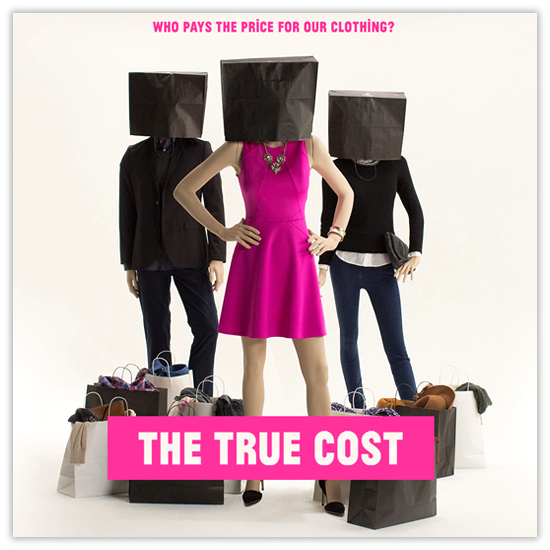
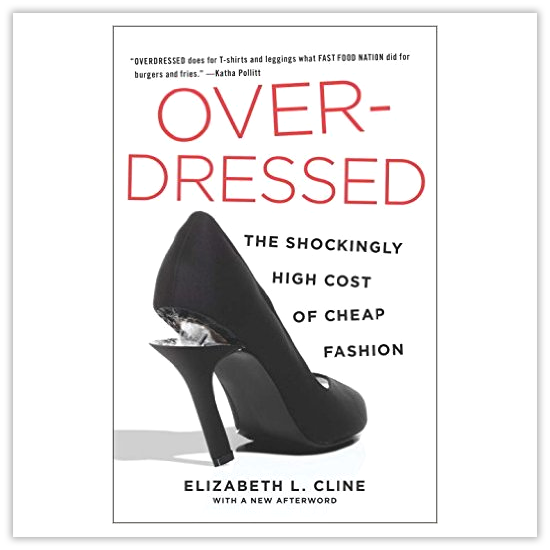
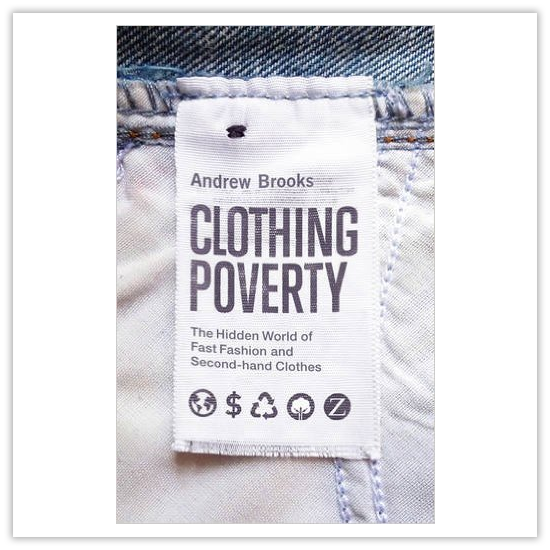
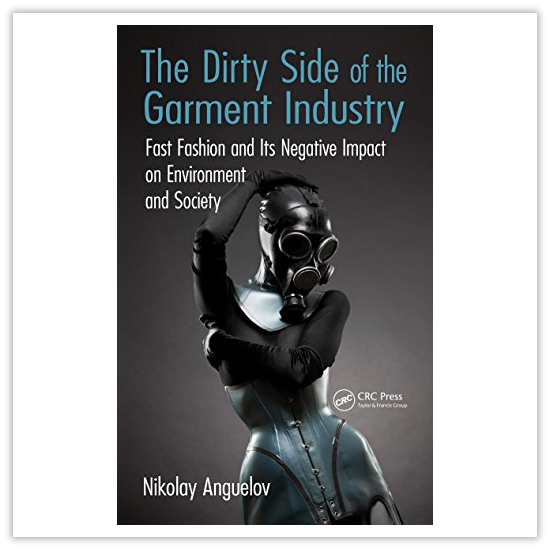
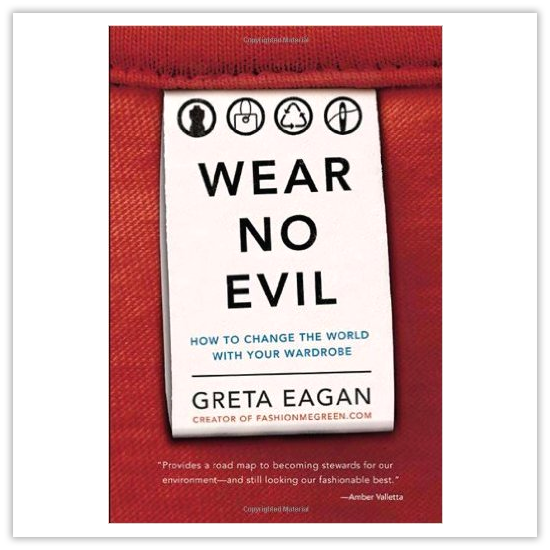
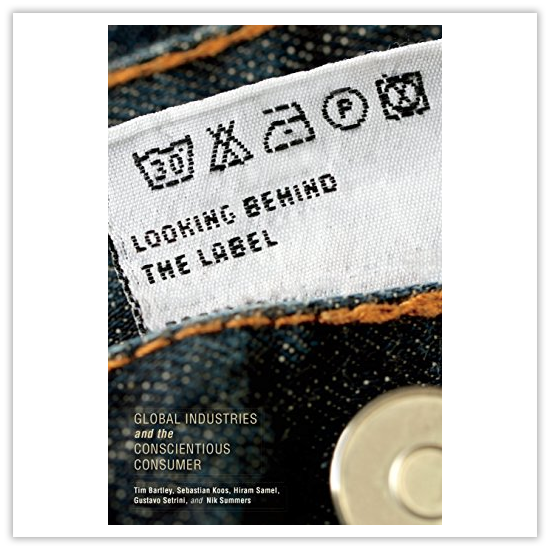
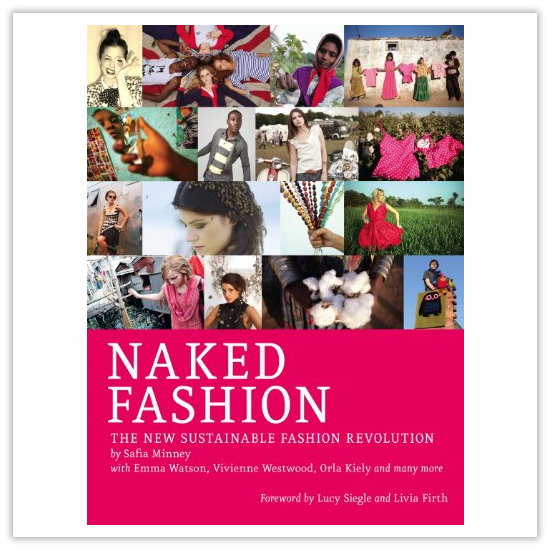
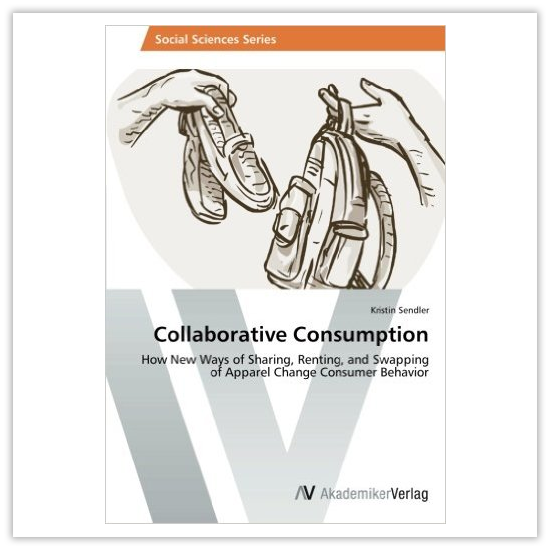
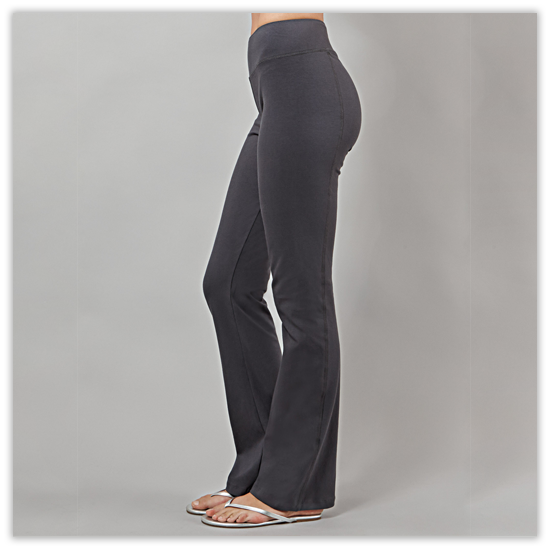
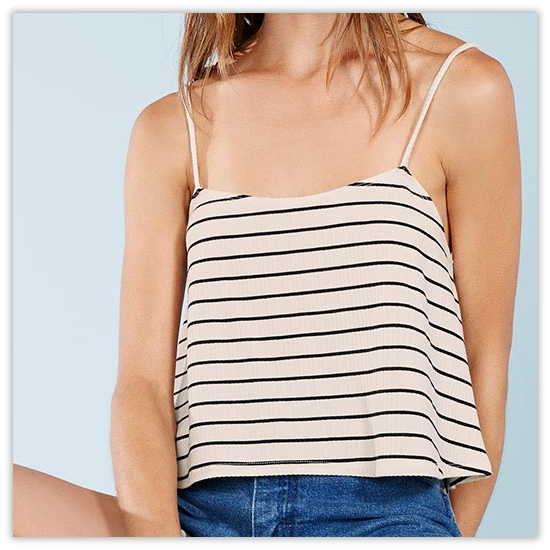
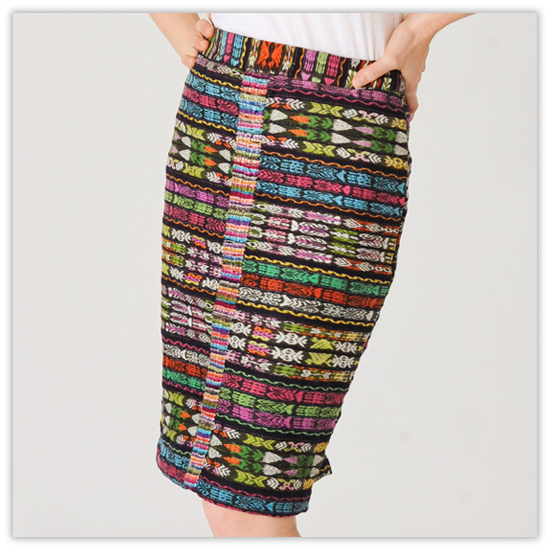
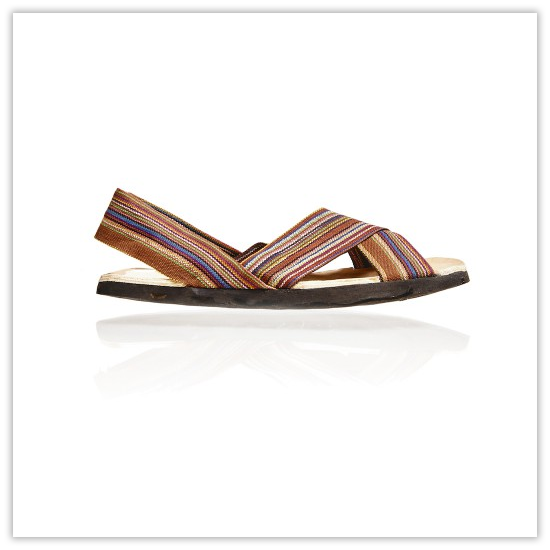
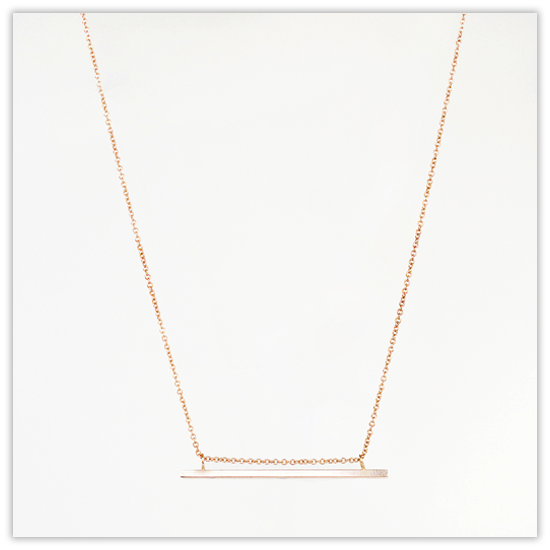
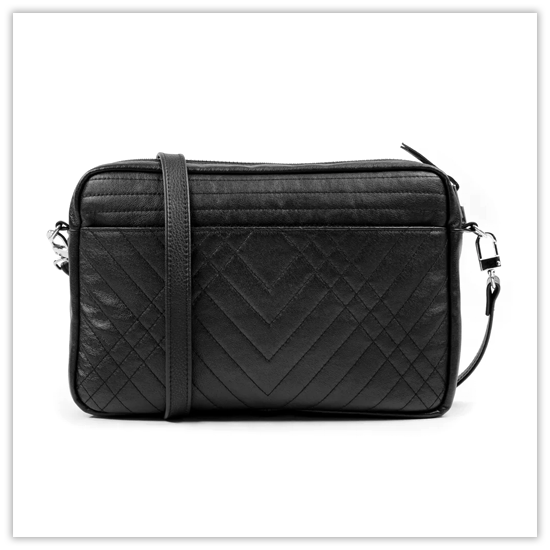
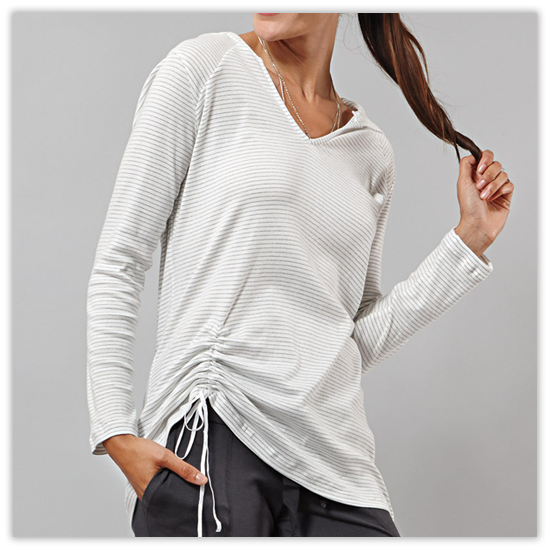
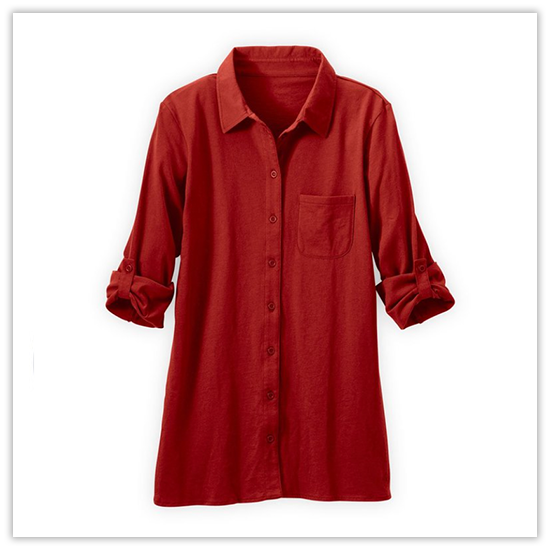
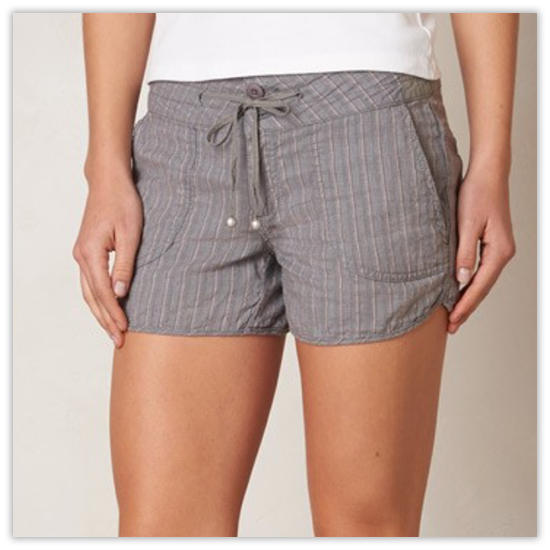
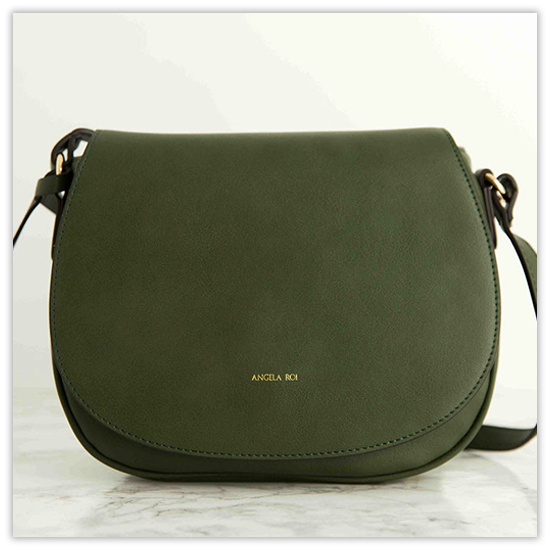
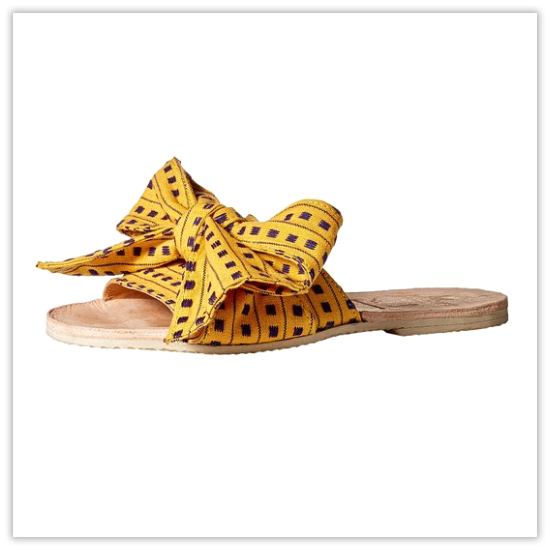
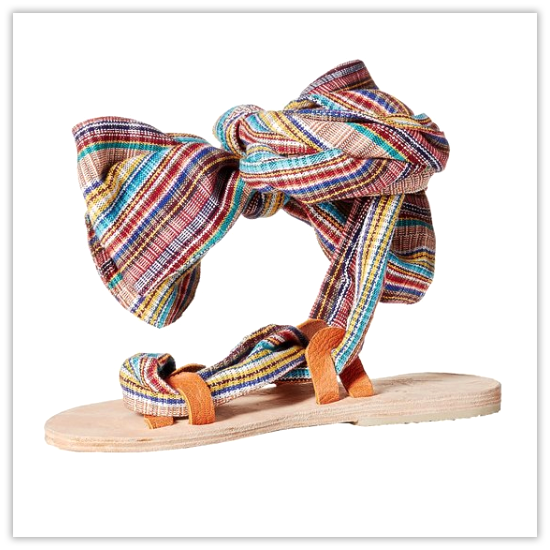
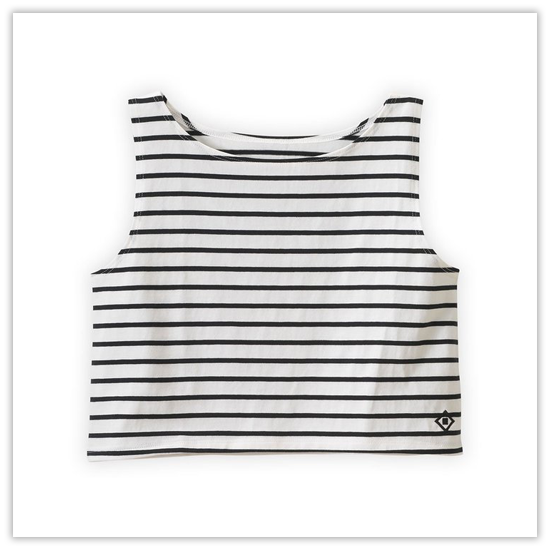
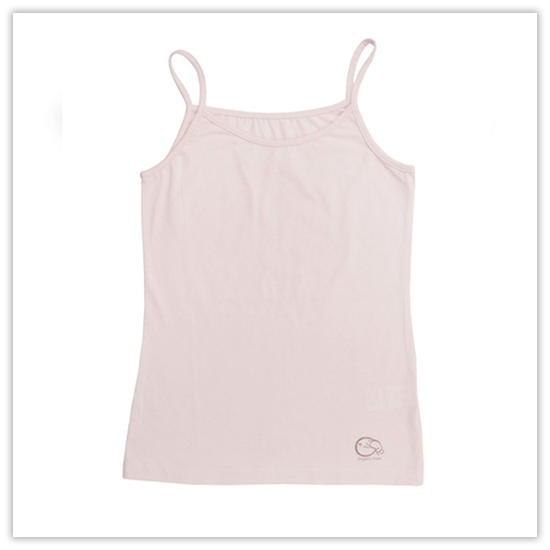
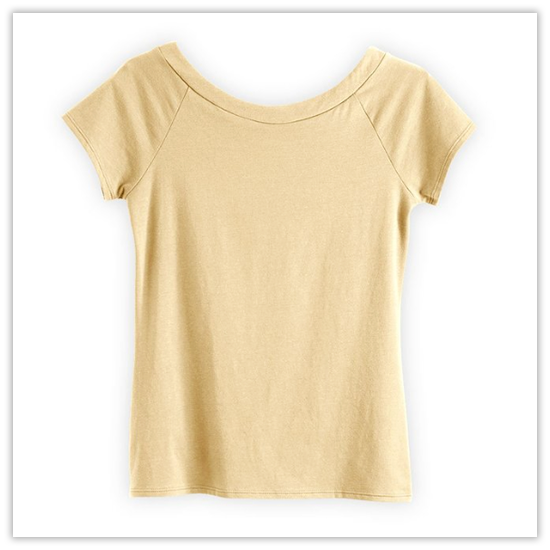
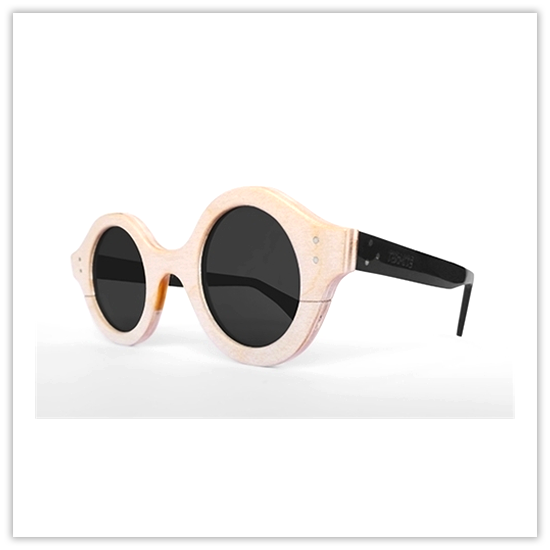
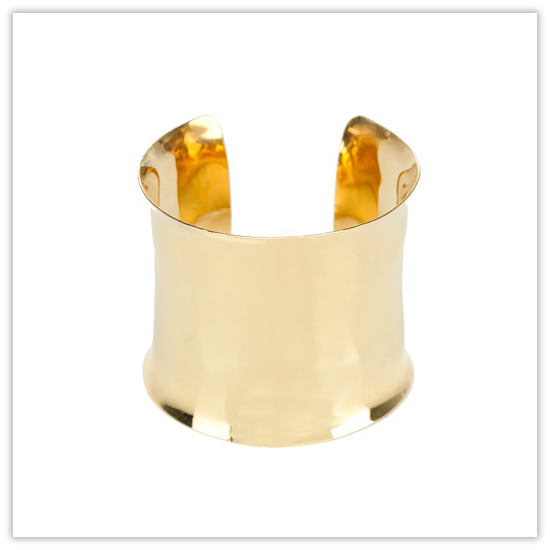
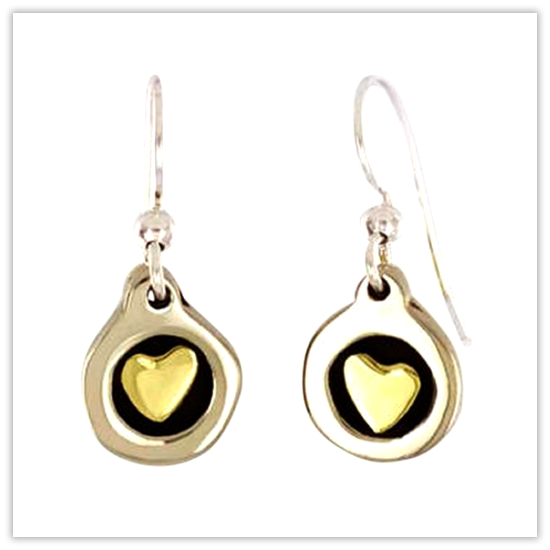
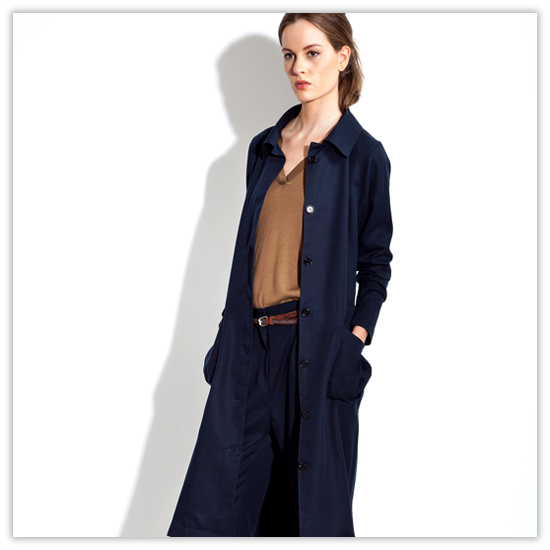
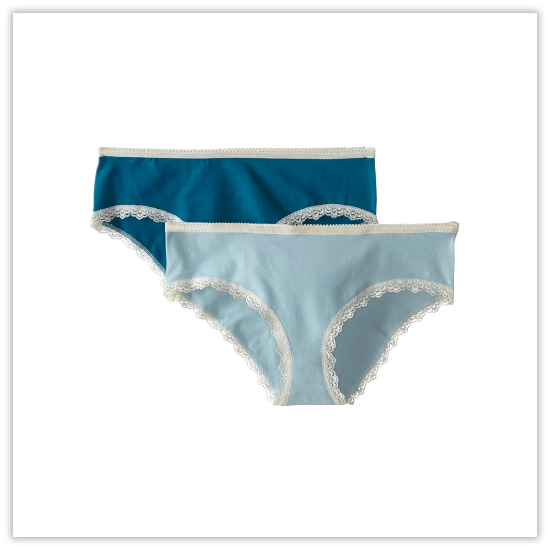
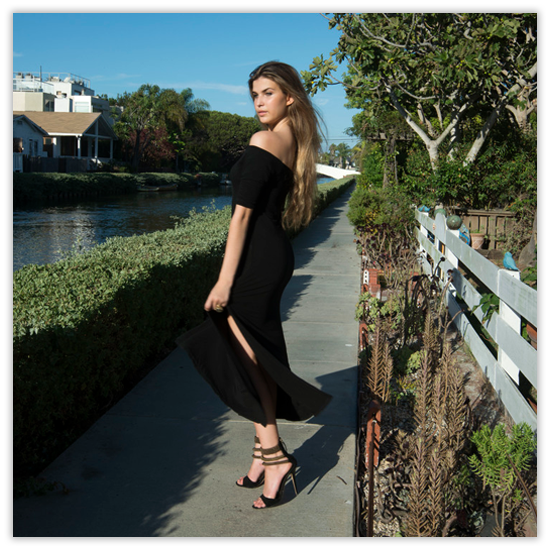
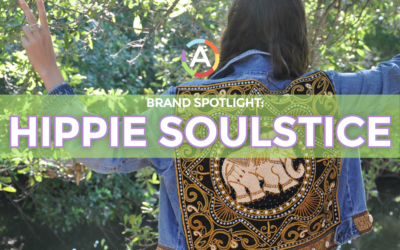
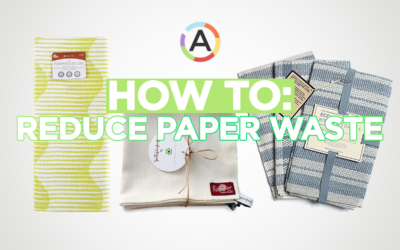

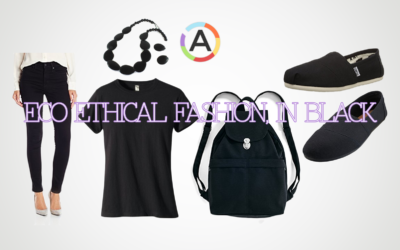
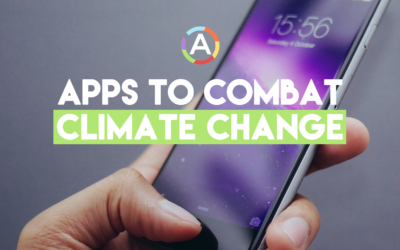
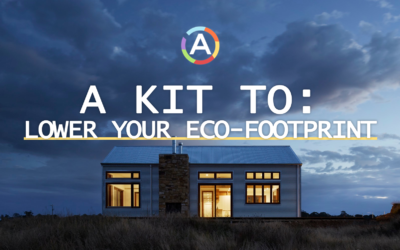

This is literally the best thing ever!!! Thank you!
That’s awesome! You’re more than welcome! Check out our guide to Sustainable Fashion as well! 🙂
Incredible, just shared this with a friend!
Thank you! Yeah, it took a lot of work 🙂
Very comprehensive. Terrific curating and a great selection of videos. Ethical fashion is a growing field. Thanks for giving it some attention.
Thank you, Jones! Absolutely – We’re trying to bring more addition to the field of ethical fashion and ethical clothing brands. Slow and steady 🙂